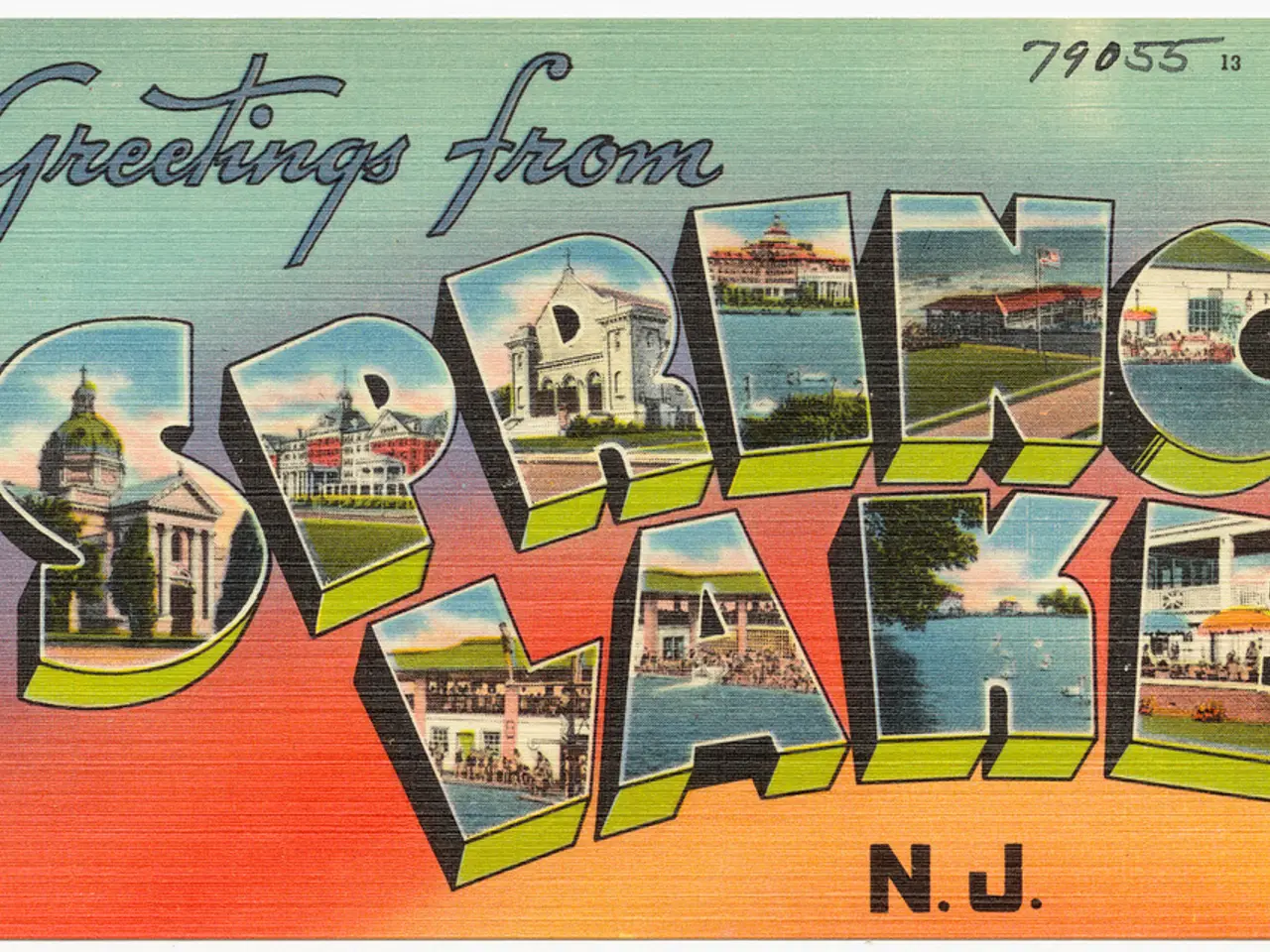British authorities considering granting voting privileges to individuals aged 16 and 17
The UK government has announced plans to lower the voting age from 18 to 16 for all UK elections, marking a significant shift in the country's democratic landscape. This change is part of a broader strategy to modernize UK democracy, as outlined in the official document "Restoring Trust in Our Democracy: Our Strategy for Modern and Secure Elections," published on July 17, 2025.
The proposal, which would bring England, Wales, and Northern Ireland in line with Scotland, where 16- and 17-year-olds have been able to vote in regional and local elections since 2016 and 2021, respectively, is intended to increase youth engagement in the democratic process. The government cites the active participation of 16- and 17-year-olds in society, such as working, paying taxes, and serving in the military, as justification for the change.
To facilitate early engagement, the government also plans to allow registration from age 14, ensuring that young people can be fully registered and ready to vote as soon as they turn 16. The minimum age to stand as a candidate will remain at 18, consistent with Scotland and Wales.
The proposed legislation is part of a larger package of electoral reforms. Key measures include the expansion of voter ID, the strengthening of rules on political donations, clarification of campaigning regulations, modernization of the voter registration process, and the introduction of protections against election interference.
The specific protections against election interference have not been fully disclosed, but the government has emphasized the need to safeguard the integrity of the electoral process. The automated registration system, similar to systems in Canada and Australia, is intended to simplify the voter registration process.
The move is supported by the Labour Party, with Deputy Prime Minister Angela Rayner stating that the proposal aims to "remove barriers to participation" and "ensure more people have the opportunity to engage in UK democracy." The legislation also includes measures to prevent anonymous companies from making financial donations to political parties.
The government claims that this legislation will be the "biggest change to UK democracy in a generation." However, the proposal remains at the proposal stage as of mid-July 2025 and will require parliamentary approval before it can be implemented. The Electoral Commission has raised concerns about the potential risks of accepting bank cards as voter ID, citing security and trust implications. Despite these concerns, the government is moving forward with the broader reforms, aiming for a more inclusive and modern electoral system.
The UK government's plan to lower the voting age from 18 to 16 is part of a larger policy-and-legislation initiative to modernize UK democracy, as evident in the official document "Restoring Trust in Our Democracy: Our Strategy for Modern and Secure Elections." The proposed legislation, which includes measures such as voter ID expansion, strengthening rules on political donations, and modernization of the voter registration process, addresses various aspects of the country's politics and general-news sphere.






